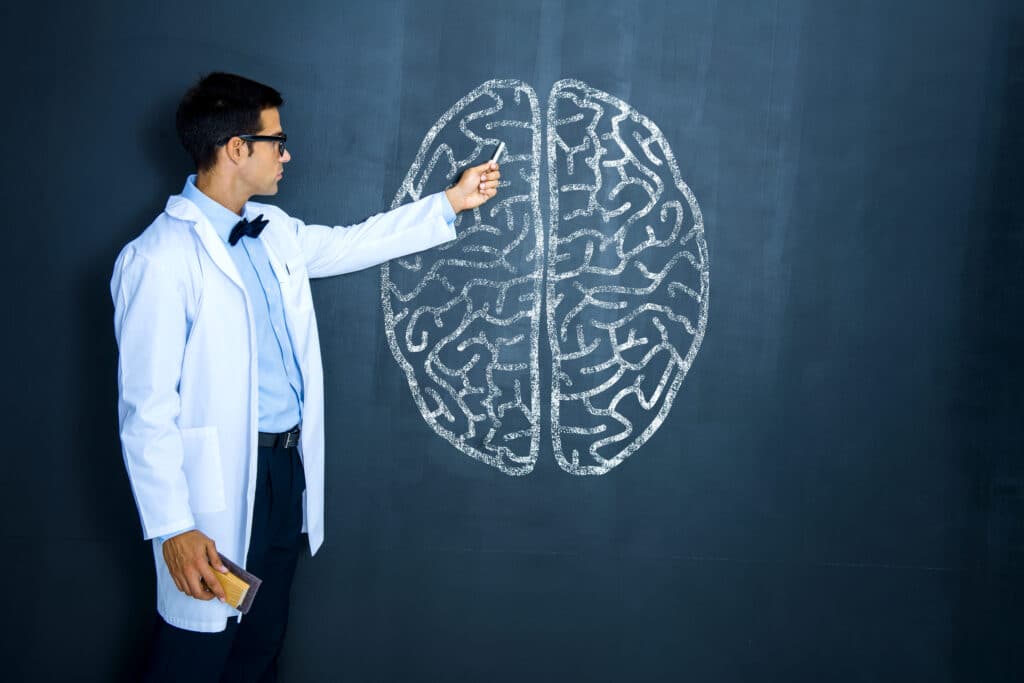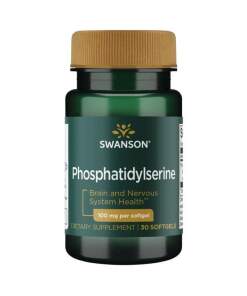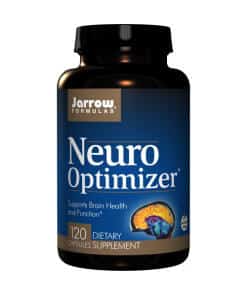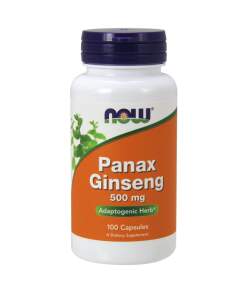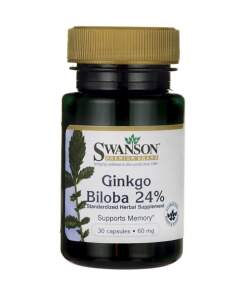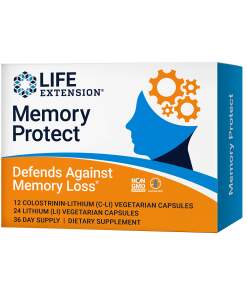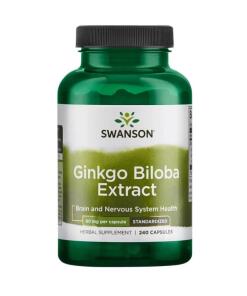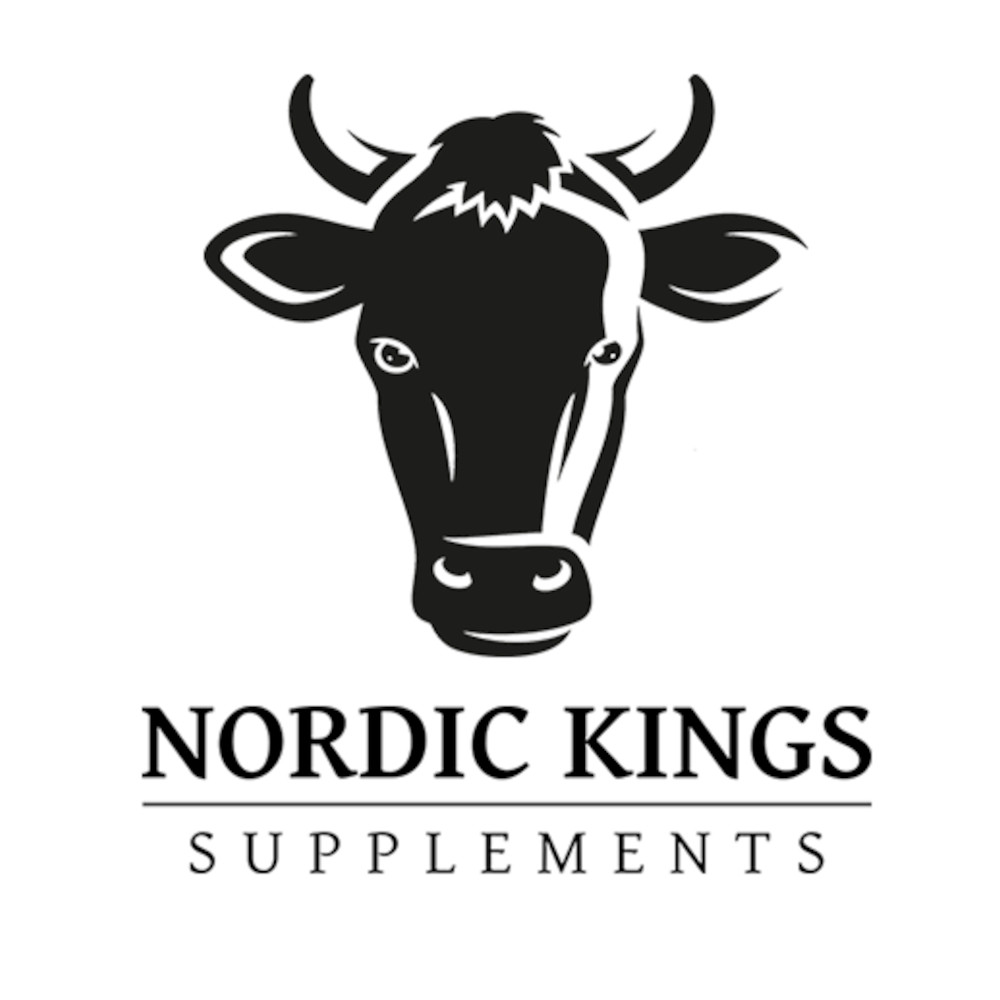-
×
 Fuldspektrum Prikbladet Perikon, 375 mg - 60 kapsler
39.35 kr. (inkl. moms)
Fuldspektrum Prikbladet Perikon, 375 mg - 60 kapsler
39.35 kr. (inkl. moms)
Mentalt fokus og hukommelse
Videnskaben bag mentalt fokus og hukommelse
The Science Behind Mental Focus and Memory
Have you ever struggled to concentrate on a task or found it difficult to remember important information? Many people experience challenges with mental focus and memory, but the good news is that there’s a wealth of scientific research that can help us better understand these cognitive functions and how to support them.
Understanding Mental Focus
Mental focus, also known as concentration, is the ability to direct your attention and energy towards a specific task or goal. It involves blocking out distractions and staying engaged with the present moment. Several brain regions are involved in the process of mental focus, including the prefrontal cortex and the anterior cingulate cortex.
Research has shown that mental focus can be influenced by various factors, such as stress, fatigue, and overall brain health. For example, chronic stress can impair the prefrontal cortex’s ability to maintain focus, while adequate rest and relaxation can support optimal concentration.
The Role of Memory
Memory is the ability to store, retain, and recall information. It’s a crucial cognitive function that shapes our understanding of the world and supports the learning process. Memory is not a single process but rather a complex system involving different types of memory, such as short-term memory, long-term memory, and working memory.
The hippocampus, a seahorse-shaped structure in the brain, plays a central role in the formation and retrieval of memories. Furthermore, synaptic connections between neurons, known as long-term potentiation, are essential for encoding and consolidating memories.
Supporting Mental Focus and Memory with Science
While mental focus and memory can be influenced by various factors, there are several scientifically backed strategies and supplements that can help support these cognitive functions. Here are some key approaches:
1. Nutrition
The brain relies on an adequate supply of nutrients to function optimally. Certain vitamins, minerals, and antioxidants have been found to support brain health and cognitive function. For example, Omega-3 fatty acids, found in fish oil, have been linked to improved cognitive performance and reduced age-related cognitive decline.
2. Exercise
Physical activity has been shown to have a positive impact on cognitive function. Exercise increases blood flow to the brain, promotes the growth of new neurons, and enhances synaptic plasticity, which can benefit mental focus and memory.
3. Mental Stimulation
Engaging in mentally stimulating activities, such as puzzles, games, and learning new skills, can help maintain and improve cognitive function. Mental stimulation helps to create new neural pathways and strengthen existing connections in the brain.
4. Supplements
There are several supplements that have been studied for their potential to support mental focus and memory. These include herbs like Ginkgo Biloba, which is believed to improve blood flow to the brain, and adaptogens like Rhodiola rosea, which may help reduce stress and support cognitive function.
Conclusion
In conclusion, mental focus and memory are complex cognitive functions that can be influenced by a variety of factors. By understanding the science behind these processes, we can take proactive steps to support and enhance our mental focus and memory. Whether through nutrition, exercise, mental stimulation, or supplements, there are numerous strategies backed by scientific research that can help us optimize our cognitive abilities.








